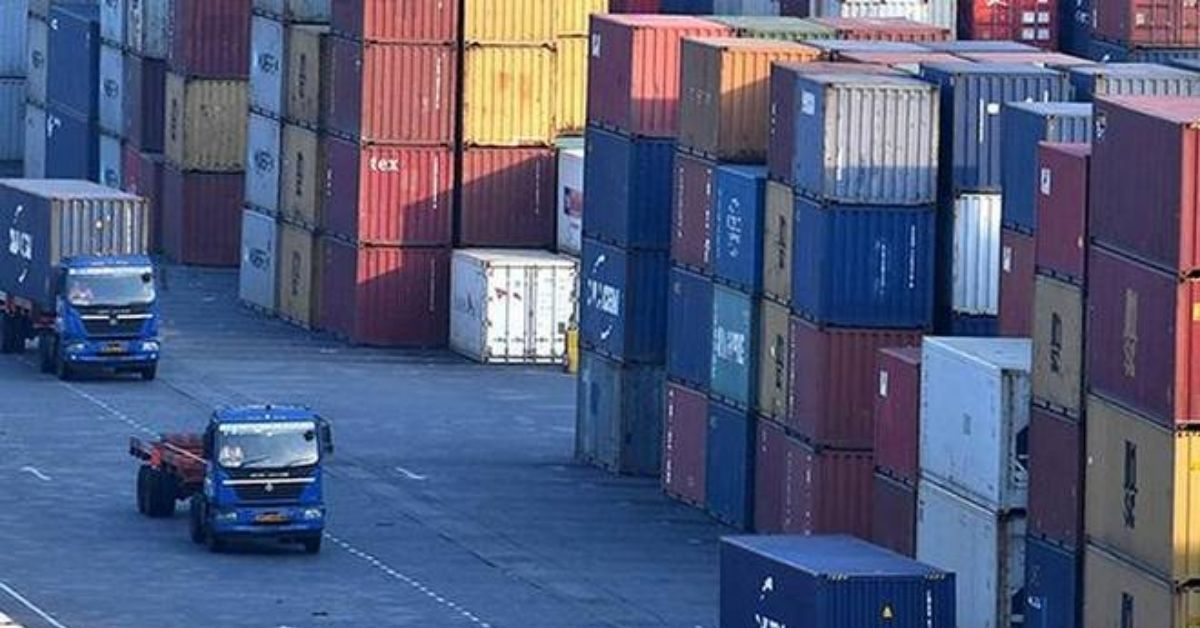Masoud Daneshmand, member of the board of directors of the Center of Transport Institutions said that the main portion of the shipping company’s income is not obtained from shipment of goods, but rather from brokering cargo transportation deals between the government and foreign shipping companies.
According to him, the company — commonly known by its business name IRISL Group – gets $50 for every ton of export and import cargoes but pays $40 to foreign firms and pockets $10 for every ton.
His comments came a few days after the IRISL Group announced a substantial increase in its income. Mohammad Modarres Khiabani, the CEO of the company, said last week that the income of the IRISL Group has hit a new record with a 20-percent rise in revenues, without mentioning its role as an intermediary.
Daneshmand has not explained why the government does not directly make contracts with foreign companies and keeps the $10 difference in its coffers.
Confirming that ports all over the world must obtain permission from the US Office of Foreign Assets Control to host Iranian ships, Daneshmand noted that most of Iran’s shipping vessels are sanctioned and as a result they are inactive.
“If a port does not receive permission from the OFAC, they will be subject to secondary sanctions,” he added, claiming that some countries like China, India and South Africa have obtained licenses to accept Iranian ships, but the permits are only for a few special governmental ports and they cannot berth in all the ports.
Iran has been shipping oil and oil products despite US sanctions, imposed since 2018, to China and other buyers, using clandestine methods. Third parties involved in sanctions violations are subject to US punitive measures.
According to reports by tanker tracking companies, revenue from oil exports is still the regime’s single largest source of income. Iran uses a fleet of oil tankers, known as the ‘ghost fleet,’ to transport its crude from the country’s ports to open seas. Then the tankers turn off their transponders so that their location would not be known, and during a couple of days the barrels of oil are loaded on other ships, which then ship them to the final buyers. In March, the United States imposed new sanctions on Iran-linked shipping and petrochemical companies, including two shipping firms based in China.
The sanctions also targeted 20 shipping vessels linked to firms in China, Vietnam and the United Arab Emirates, the Treasury Department’s website showed.
The sanctions were issued under a 2018 US executive order that restored sanctions targeting Iran’s oil, banking and transportation sectors. In 2019, OFAC issued an advisory to alert the global shipping community involved in shipping petroleum or petroleum products from Iran. “These shipments create significant sanctions risk for entities and individuals in the shipping industry, including shipping companies, vessel owners, managers, operators, insurers, and financial institutions,” read the advisory.








